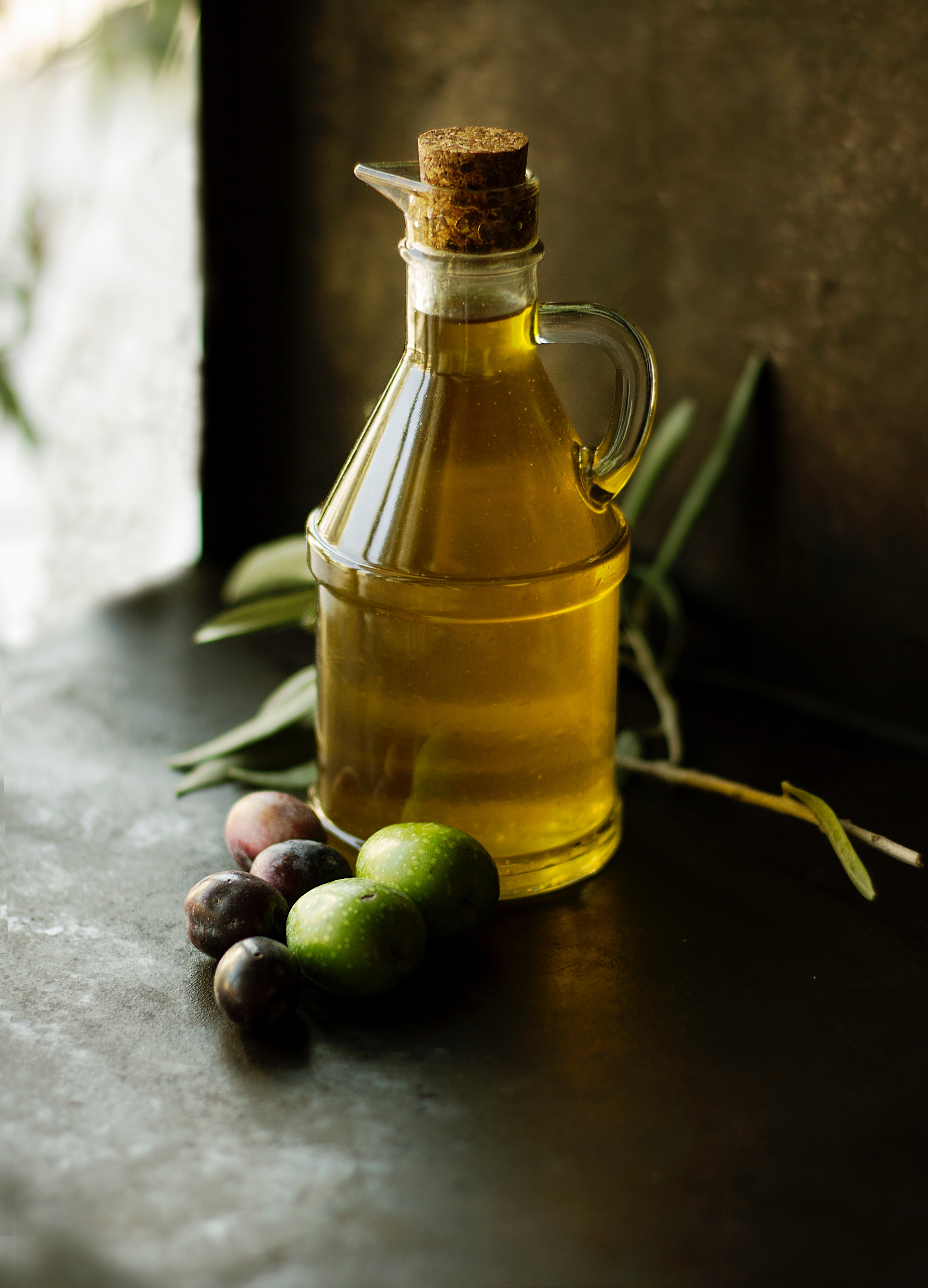You’ve undoubtedly gone for a bottle of olive oil quite a few times if you enjoy cooking or making your own meals. It is a common component in many cuisines and is used frequently when sautéing, roasting, and even baking. What occurs, though, if you unintentionally place your bottle of olive oil in the refrigerator? Will it still be safe to use it, or did you make a serious error? The effects of storing olive oil in the refrigerator, their potential advantages and disadvantages, and whether or not it is safe to use after removal will all be covered in this blog. Continue reading to learn what to do if you’ve ever been stuck with a bottle of cold olive oil.
You can notice a change in the consistency and appearance of olive oil if you unintentionally put it in the refrigerator. If olive oil is kept at a low temperature, it will harden and become hazy. This happens when the oil’s fatty acids start to crystallise and harden, giving the impression that it is thick and clumpy. The oil hasn’t necessarily gone bad or become unsafe to use only because of this change in appearance and texture, though.
The olive oil should regain its liquid condition once you remove it from the refrigerator and allow it to warm up to room temperature. However, the freezing temperature may have an impact on the oil’s flavour and scent, giving it a muted flavour. For a somewhat different flavour profile, some individuals like to use cooled olive oil in specific recipes, including salad dressings or marinades.
While it may not be optimal to store olive oil in the refrigerator, doing so won’t likely hurt the oil or cause it to spoil. To preserve the quality and flavour of olive oil, it is preferable to store it in a cool, dark location away from light and heat.

Does olive oil have a shelf life?
A shelf life exists for olive oil. The quality of the oil, the storage conditions, and whether or not the oil has been opened are a few of the variables that might affect the shelf life of olive oil. Extra virgin olive oil of the highest calibre can typically be kept unopened for up to two years when carefully stored in a cool, dark location away from light and heat sources.
The shelf life of the olive oil will shorten once the bottle is opened. For best freshness and flavor, it is advised to consume opened bottles of olive oil within six months. Olive oil can degrade more quickly when exposed to light, air, and heat, therefore it’s important to keep it carefully.
Olive oil should be kept in a cool, dark location away from heat sources and sunshine to increase its shelf life. The best place for storage is a pantry or cupboard away from the stove or oven. The purity and freshness of the oil can also be preserved by using a properly sealed container to keep out air.

How do I know if my olive oil has gone bad?
If your olive oil has gone rancid, there are a few signs you can look for:
- Olive oil that has deteriorated or gone rancid will smell strongly off. It could have a musty, moldy, or even crayon-like odour.
- Taste: Rancid olive oil lacks the fruity or grassy flavours of fresh olive oil and instead has a harsh, metallic, or soapy flavour.
- Appearance: Old or rancid olive oil may have sediment at the bottom of the bottle or appear murky or hazy. It could also feel greasy or sticky.
- Date: Verify the production date or the expiration date of the olive oil. A good rule of thumb is to utilise high-quality olive oil within two years of manufacturing and to finish opened bottles within six months.
It is advised to throw away your olive oil and get a new bottle if it exhibits any of these symptoms. Store your olive oil in a cool, dark location away from direct sunlight, heat, and air exposure to increase the shelf life of your oil. The purity and freshness of the oil can also be preserved by utilising a properly sealed container.

What are some alternatives to olive oil for cooking?
For cooking, there are a number of alternatives to olive oil, such as:
- Coconut oil: Coconut oil is perfect for high-temperature cooking techniques like frying since it has a high smoke point.
- Avocado oil: Avocado oil is a fantastic choice for high-heat cooking because it is full of monounsaturated fats and has a high smoke point.
- Canola oil: Canola oil has a neutral flavour and is a good choice for frying and baking.
- Grapeseed oil: Another oil with a neutral flavour and a high smoke point, grapeseed oil is excellent for frying and sautéing.
- Sunflower oil: Sunflower oil is a fantastic choice for marinades and salad dressings because it has a moderate flavour and is high in vitamin E.
- Sesame oil: With a nutty flavor, sesame oil is frequently used in Asian cooking for sautéing and stir-frying.
Think about the oil’s smoke point and the type of cooking you intend to do when choosing a substitute for olive oil. To keep oils fresh and flavorful, it’s crucial to purchase high-quality oils and to store them appropriately.
Relevant Articles
Is It Safe To Heat Olive Oil In The Microwave?
Can An Electric Stove Catch Fire If Left On?

Comments are closed